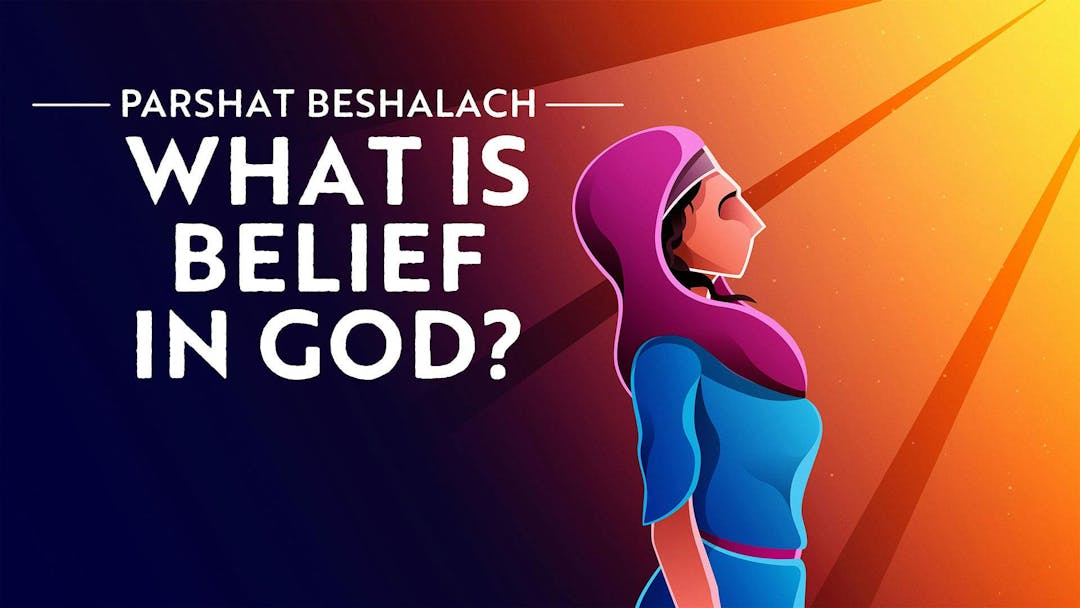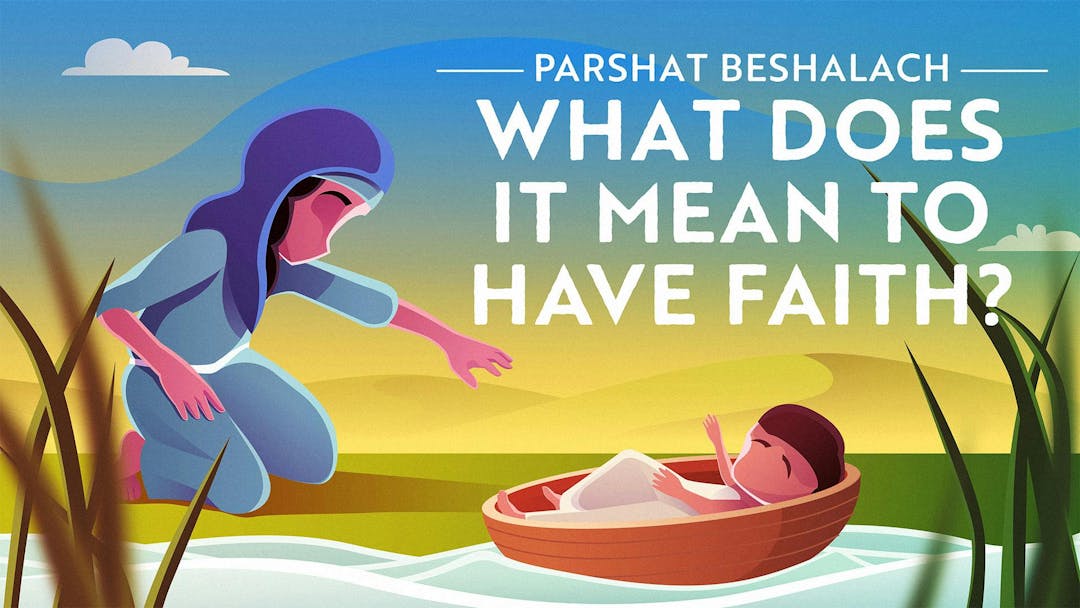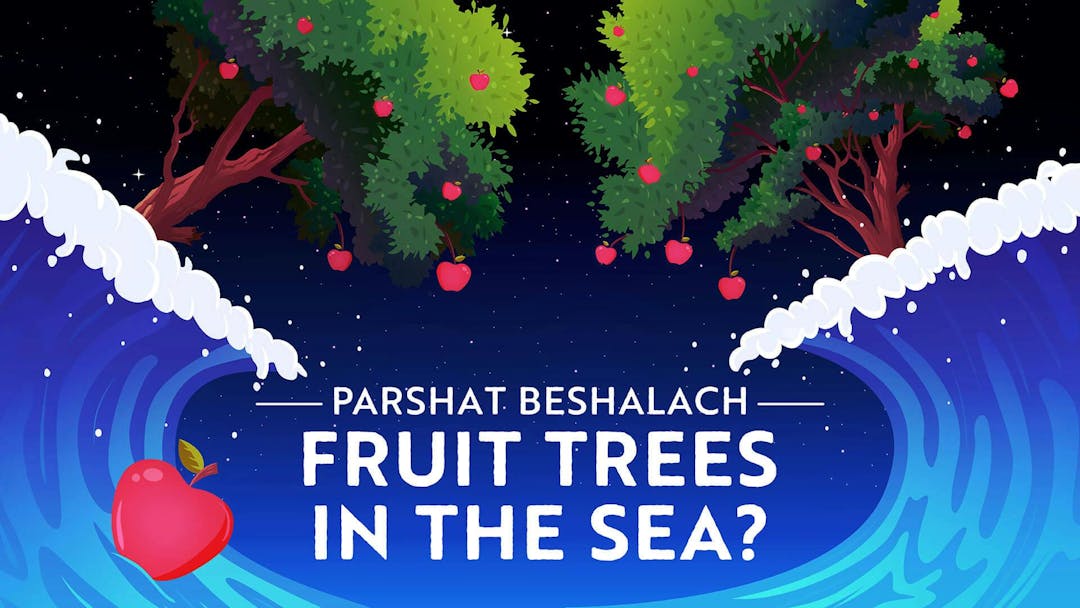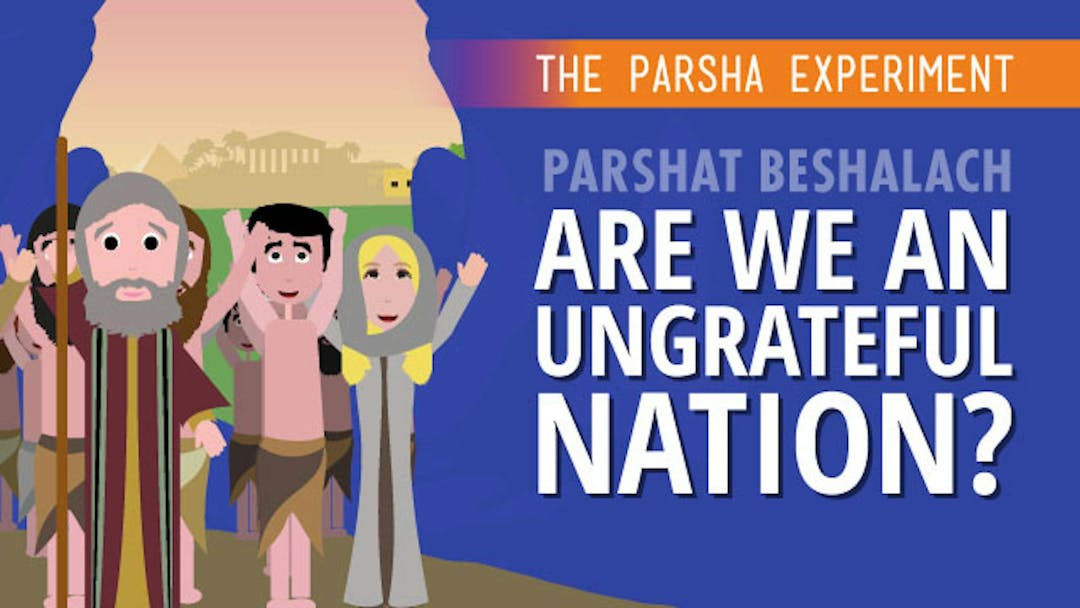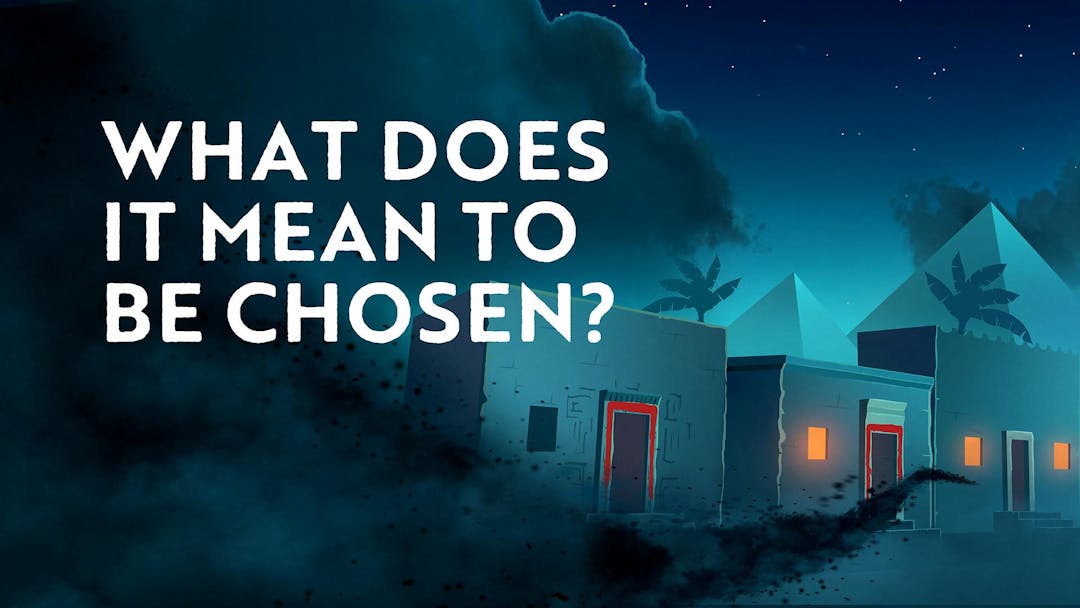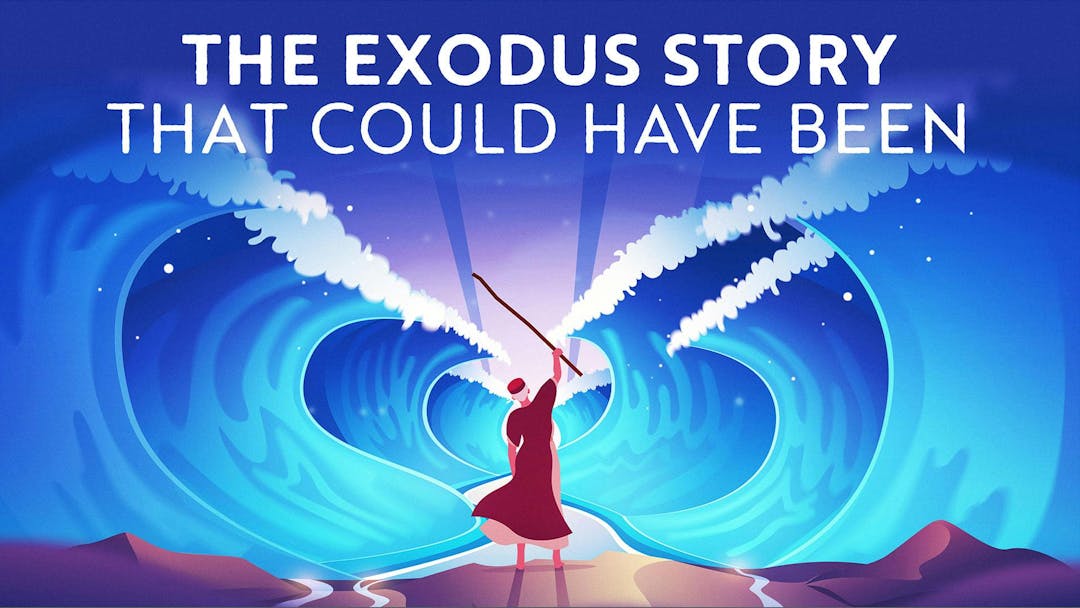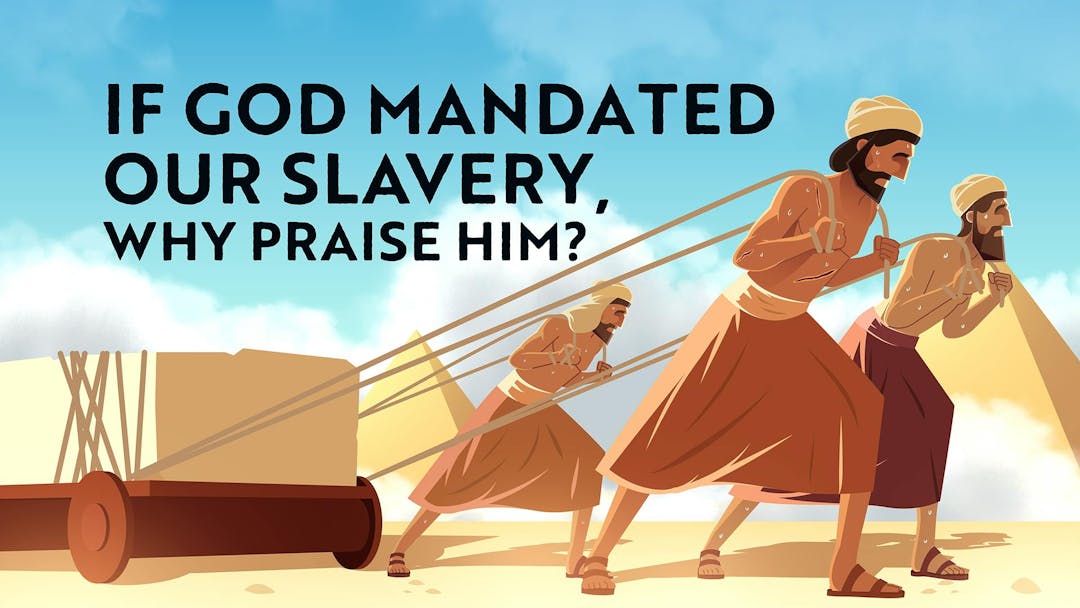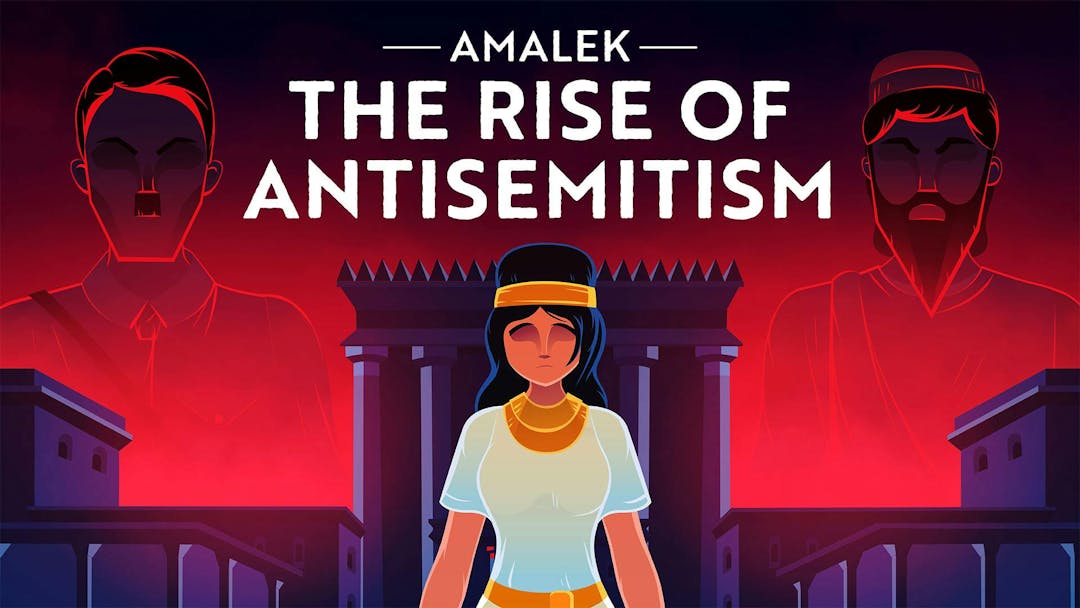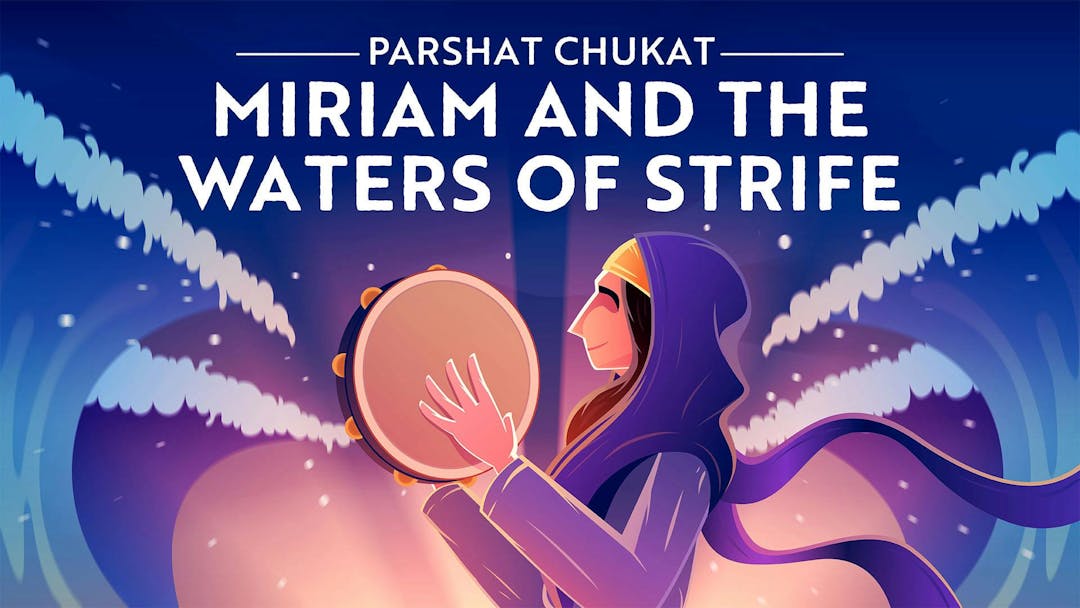Beshalach is the weekly Torah portion read on January 31, 2026
Parshat Beshalach: Torah Portion, Dvar Torah & Meaning
Beshalach Torah Portion: Exodus 13:17–17:16
God splits the sea and the Jews cross the sea as Pharaoh and his horses pursue them. The Egyptians and Pharaoh drown in the sea, and the Jews are saved.. Miriam and the women sing songs of praise.
Featured Beshalach Video
The Israelites' Struggle To Believe
After the Exodus from Egypt, we hear that the nation believed in God, and in Moses, his servant. But suddenly, over and over, they panic and struggle with their faith in God. So what kind of belief in God was that? They lost their faith in an instant? Join Rivky as she explores these stories, and the difficult concept of what it means to truly believe in God.
Beshalach Torah Portion
Beshalach Meaning & Commentary
Parshat Beshalach Dvar Torah
Parshat Beshalach Summary
Beshalach Torah Portion: Exodus 13:17-17:16
Parshat Beshalach tells the story of what happens to the Israelites after they depart the land of Egypt in the wake of the ten plagues. At this point in the story, if you’ve never read the Bible before, you may well think that the drama with Pharaoh is over.
The ten plagues have been discharged, Pharaoh urged the people to leave, and they’ve begun their wanderings. But after dispensing with a few short details (the children of Israel leave Egypt carrying Joseph's bones with them, as he had requested back in Parshat Vayechi; God traveled with the people, and His manifestation was actually visible, in a kind of way: He caused a pillar of cloud to lead them on their way, and a pillar of fire to light up the night), the text tells us that the drama with Pharaoh is not yet over.
God explains to Moses that He plans to harden Pharaoh’s heart once more, stirring Pharaoh to pursue the departing Israelites: him and his entire military force. In this way, God says, “I will be glorified through Pharaoh and through his entire force.” (If you find this statement puzzling, troubling, or both, then we recommend this Passover video, in which Rabbi Fohrman suggests that this statement of God actually underpins a grand theory about how God had “other plans” for how this exodus would play out – and how what we read about in the Bible was really a Plan B or even a Plan C.)
And indeed, as we read on, we see that Pharaoh does seem to have a change of heart: he quickly harnesses his chariot and pursues the escaping slaves, him and hundreds of military officers on horseback with him. They catch up with the Israelites just as they stand before a vast sea, the Sea of Reeds (Yam Suf). The people are caught off-guard, terrified, wondering if they will have come so close to liberation, only to be killed here before the sea by Pharaoh’s army.
In fear, they turn angrily upon Moses – their leader, their liberator – accusing him (to paraphrase): “What, there weren’t enough graves in Egypt, Moses? You had to take us out, only for us to die here in the desert? Why did you do this to us? We told you, when you first came to us, to leave us alone! It would have been better to remain slaves in Egypt than to die here and now.”
If you find their attitude shocking, you’re not alone. This is the first of many crises of faith that the people will undergo in the course of their exodus, and each of these crises leave the reader of the Bible to grapple with their behavior. (See here for Rabbi David Block and Imu Shalev's take on the people’s seeming ungratefulness.)
Moses attempts to muster a faith to inspire all of the people as he follows God’s instruction: “What are you crying out to Me for? Lift up your staff and travel forward. I’m going to get you through this.” (The faith that God asks of Moses and of the people seems to bears a strong resemblance to another, earlier demonstration of faith in the Bible. Which other event are we thinking of? See Rabbi Fohrman's video here.)
Moses obeys and what we read about next is possibly the greatest miracle yet described in the Five Books of Moses: a strong wind causes the waters to split, forming a wall on either side with dry land beneath, allowing the Israelites to walk through the sea in perfect safety. Once again, we find that this episode is filled with hints to another, earlier story in the Bible… For Rabbi Fohrman’s exploration of that other episode and his theory about what it means, see his video about the crossing of the Red Sea.)
When the Israelites make it through to the other side – and they see Pharaoh’s pursuing armies crushed by the walls of water – they realize that they are finally free.
Upon seeing their freedom, they burst into song: a song sometimes referred to as “The Song at the Sea” or Az Yashir: “I will sing to the Lord, for He is very exalted. Horse and its rider He cast into the sea…” At the conclusion of the song, Miriam leads the women in song and dance. The people are ecstatic, filled with praise, grateful to God for having saved them.
But their tunes change so quickly, once again, when they continue their desert travels and find themselves without water for three days. Once again, the people turn to Moses and complain. God answers them, showing Moses how to provide them with sweet drinking water. (This is the first of several “water crises" that the people will confront during their time in the desert.)
They drink and continue on their journey… and just a few verses later, we hear their complaint against Moses again: “If only we had died by the hand of the Lord in the land of Egypt, when we sat by pots of meat, when we ate bread to our fill! For you have brought us out into this desert, to starve this entire congregation to death.”
God responds again: this time with manna, a sort of “bread from Heaven,” and unlike the sweet waters from the last crisis, it is not just a one-time fix. It will, the text tells us much later, nourish the people for the entirety of the desert wanderings.
The people learn the rules of this strange bread from Heaven: that it will come down once a day (except for Friday, when an extra serving will come down to feed the people on Shabbat), and that the people must only take what they need, no more and no less. (For a fascinating study of this bread from Heaven, and what it must have felt like for this band of freed slaves to receive it each morning, we recommend Rabbi Forhman's Shavuot video here.)
We soon read about a second water crisis, this time in a place called Refidim: another test of faith for the people and another bout of complaints against Moses: “Why have you brought us up from Egypt to make me and my children and my livestock die of thirst?” God intervenes once again, telling Moses how he can provide the people with drinking water: by picking up his staff and striking a rock. Moses is successful and the people are quieted, for the time being.
The people continue on their way, but this time, they encounter a human obstacle: “[The nation of] Amalek came and fought with Israel in Refidim.” We heard about Amalek, a descendant of Esau, back in the Book of Genesis, but this is the first time that they figure in a narrative account in the Torah.
The text doesn’t offer any real context here for how Amalek attacked, but if we peek ahead to the Book of Deuteronomy (Dev. 25:17–18), Moses will suggest that Amalek took advantage of the weakest and most tired of the people, the ones who lingered in the back, and struck them.
A strange ritual takes place whereby the Israelites respond with warfare while Moses (with his two helpers, Aaron and Hur) ascends to the top of a nearby hill and raises his hands high into the air. When his arms get too tired, Aaron and Hur prop them up on a rock.
A seemingly out-of-place word is used to describe Moses’ hands: that he sustains them with emunah, oft-translated as “faithfulness,” all day long. What is the meaning of this strange word, and what might it teach us about the meaning of faith? See Rabbi Forhman’s video here (a video that focuses on Parshat Devarim but links it back to this episode here in Beshalach.)
Moses remains that way all day long, and the people successfully fight off Amalek. Parshat Beshalach concludes with the suggestion from God and from Moses that this won’t be the last time that the people encounter Amalek; that the war will need to be fought “from generation to generation.”
Check out the full text of the Parsha here.
Interested in learning more about the upcoming parshiot? Check out Aleph Beta’s parsha pages on Yitro, Mishpatim, and Terumah!
